Embrace High-Velocity Change, Folt Tells University Day Audience
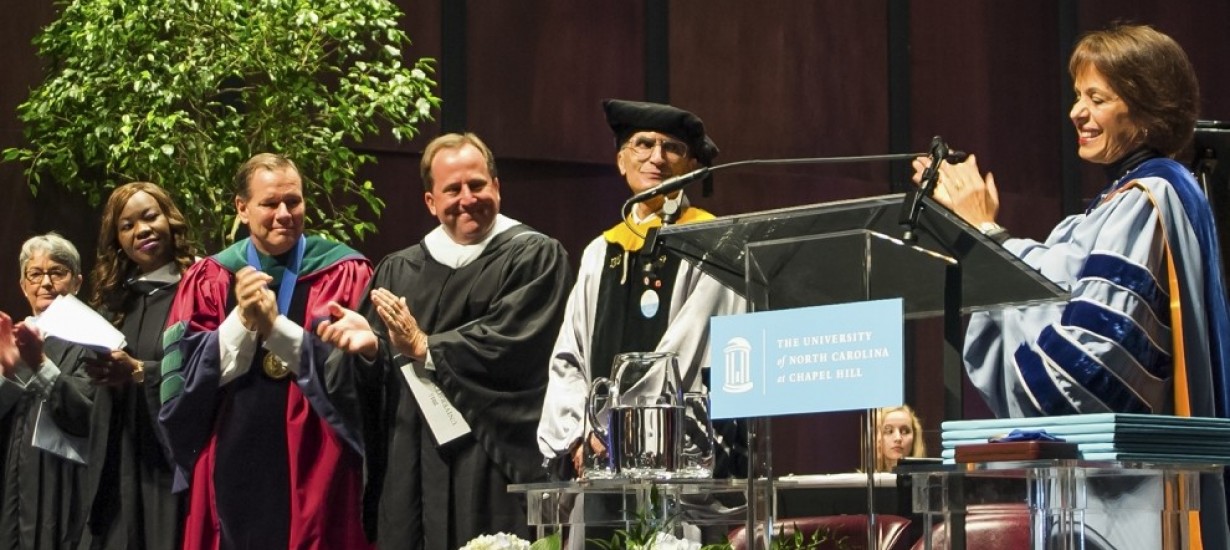
Chancellor Carol L. Folt told a University Day audience to fasten their seatbelts for a fast and accelerating ride on the road to higher education innovation.
On the 222nd anniversary of the laying of Old East’s cornerstone on Oct. 12, 1793, Folt said at the two-year mark in her chancellorship that “I have now experienced first-hand, in a thousand different ways, how our diverse, passionate, forward- and globally minded community is already changing the world.”
When Edward Kidder Graham (class of 1898) was president of the University 100 years ago, she said, he “looked beyond the state’s poverty and illiteracy and saw that Carolina was the only engine that could pull the state out of poverty and into a modern era of commerce and greater wealth. His pivot started Carolina’s rise to become a leading 20th-century university with a broad, outward-looking mission. He also started the movement that would result in one of the greatest research engines in the country.”
Now, Folt said, “how we teach, communicate [and] do our work needs to change quickly to take advantage of exploding technologies, remain competitive and relevant for new generations and keep our place at the forefront in research and innovation.
“The pursuit of knowledge is where you learn to be nimble, open to ideas, willing to try new things. It can be and usually is hard work and very messy. But opportunities to change can be fleeting — doors open and close quickly — and it requires much greater flexibility if we are to move at this accelerated speed.
“Scientists and researchers know that if you don’t challenge legacy thinking, you’ll miss those open doors. We can’t let that happen. Identifying and seizing those openings will help define us and make it possible to thrive in this century of exponential change and opportunity.”
She quoted Ralph Waldo Emerson: “ ‘The mind, once stretched by a new idea, never returns to its original dimensions,’ and so, too, does Carolina evolve and expand its dreams with every new Tar Heel.
“We have seen what bold initiatives can do to change our University and the impact on our state. President Graham helped Carolina expand to and beyond the borders of the state. Today we are creating a Carolina with impact extending to the edges of the world. It is no secret that what happens at Carolina has great consequence to our state — and if we are to continue to create transformational change in North Carolina, we must think globally in everything we do; view the entire world as an extension of our state.
“We can’t be bystanders in this great transformation. We are living in a great innovation generation where anyone at any place can make transformational change a reality.”
Folt opened the program with special recognition of Aziz Sancar, the Sarah Graham Kenan Professor of biochemistry and biophysics who last week won a share of the Nobel Prize for chemistry.
This year for the first time, faculty and staff processed into Memorial Hall beneath gonfalon-style banners identifying each professional school.
Four alumni received the annual Distinguished Alumna and Alumnus Awards:
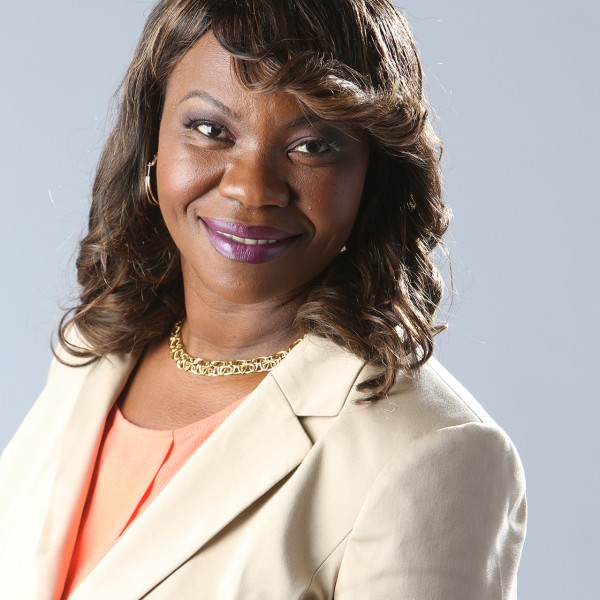 Jacqueline Charles ’94, Caribbean correspondent and senior Haiti reporter for the Miami Herald. Charles has covered the politics, culture and people of Haiti and other island nations for nearly 20 years. During that time, she has developed a reputation for stories that educate and inspire change. Charles has been named a finalist for the Pulitzer Prize and has twice been honored by the National Association of Black Journalists: first in 2010 as International Reporter of the Year and again in 2011 as Journalist of the Year. Charles also co-produced a documentary on Haiti that won a 2011 regional Emmy Award.
Jacqueline Charles ’94, Caribbean correspondent and senior Haiti reporter for the Miami Herald. Charles has covered the politics, culture and people of Haiti and other island nations for nearly 20 years. During that time, she has developed a reputation for stories that educate and inspire change. Charles has been named a finalist for the Pulitzer Prize and has twice been honored by the National Association of Black Journalists: first in 2010 as International Reporter of the Year and again in 2011 as Journalist of the Year. Charles also co-produced a documentary on Haiti that won a 2011 regional Emmy Award.
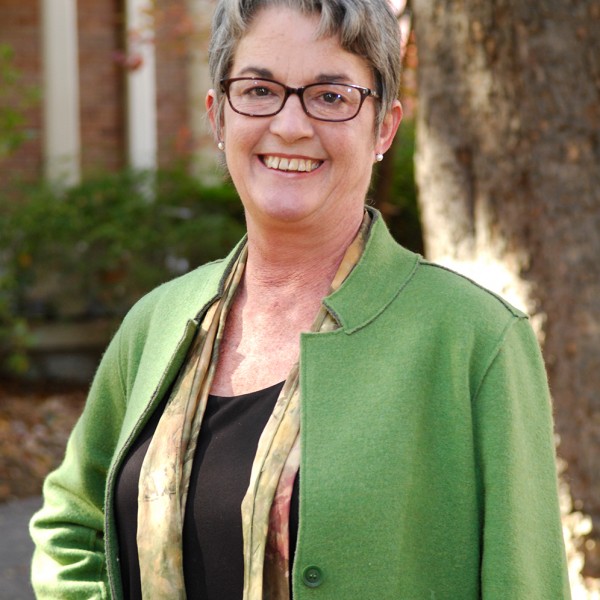 Mona Carol Frederick ’76, executive director of Vanderbilt University’s Robert Penn Warren Center for the Humanities. Over the course of her distinguished 30-year career, Frederick has emerged as a passionate and effective advocate for humanistic research and teaching, especially in the digital humanities. She oversaw the development of “Who Speaks for the Negro?” a digital archive of materials related to the book of the same name published by Warren in 1965. Recently Frederick helped to develop the Mellon Partners for Humanities Education initiative, which will provide specialized training for new Vanderbilt PhDs to prepare them for teaching at liberal arts colleges and historically black colleges and universities.
Mona Carol Frederick ’76, executive director of Vanderbilt University’s Robert Penn Warren Center for the Humanities. Over the course of her distinguished 30-year career, Frederick has emerged as a passionate and effective advocate for humanistic research and teaching, especially in the digital humanities. She oversaw the development of “Who Speaks for the Negro?” a digital archive of materials related to the book of the same name published by Warren in 1965. Recently Frederick helped to develop the Mellon Partners for Humanities Education initiative, which will provide specialized training for new Vanderbilt PhDs to prepare them for teaching at liberal arts colleges and historically black colleges and universities.
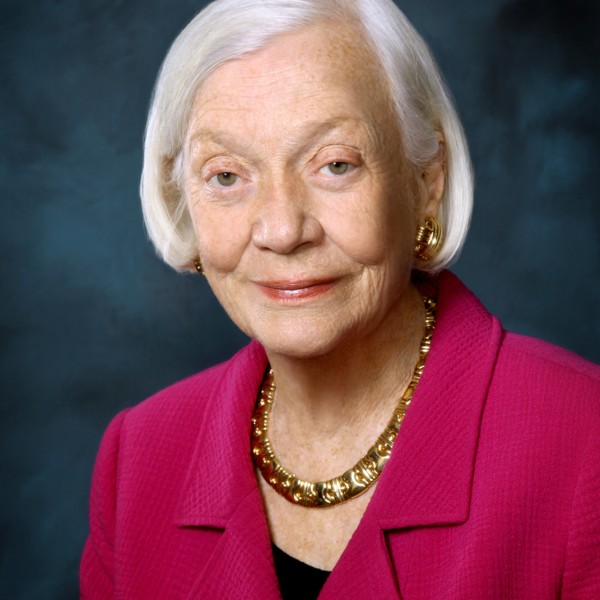 Betty Debnam Hunt ’52, the creator and for 37 years the editor of “The Mini Page” newspaper supplement. Hunt believed that the feature would encourage elementary students to become lifelong readers and that the content would be appealing to readers of all ages. For many years, Hunt was the sole writer and illustrator, later adding a small staff. At the height of the feature’s national syndication, it was published in 500 newspapers. In 2010, she gave her entire archive and the funding necessary to scan and digitize the full collection to the Southern Historical Collection in Carolina’s Wilson Special Collections Library. Hunt’s honors and awards include the North Carolina Award for Public Service, induction into the North Carolina Journalism Hall of Fame and Raleigh Hall of Fame, the Lifetime Achievement Award of the Newspaper Association of America, and the American Chemical Society’s James T. Grady-James H. Stack Award for Interpreting Chemistry to the Public.
Betty Debnam Hunt ’52, the creator and for 37 years the editor of “The Mini Page” newspaper supplement. Hunt believed that the feature would encourage elementary students to become lifelong readers and that the content would be appealing to readers of all ages. For many years, Hunt was the sole writer and illustrator, later adding a small staff. At the height of the feature’s national syndication, it was published in 500 newspapers. In 2010, she gave her entire archive and the funding necessary to scan and digitize the full collection to the Southern Historical Collection in Carolina’s Wilson Special Collections Library. Hunt’s honors and awards include the North Carolina Award for Public Service, induction into the North Carolina Journalism Hall of Fame and Raleigh Hall of Fame, the Lifetime Achievement Award of the Newspaper Association of America, and the American Chemical Society’s James T. Grady-James H. Stack Award for Interpreting Chemistry to the Public.
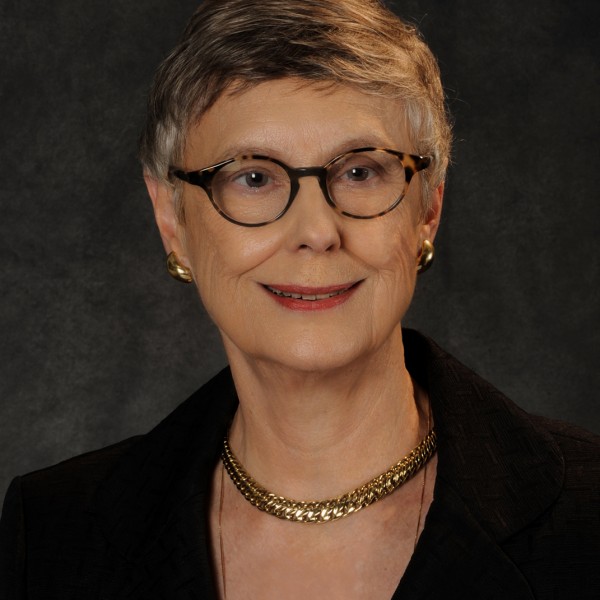 Sarah Elizabeth Parker ’64 (’69 JD) served as an associate justice of the N.C. Supreme Court for 13 years and as chief justice from 2006 until mandatory retirement in 2014. Parker served in the Peace Corps in Turkey before returning to Carolina to attend law school. She began private practice with a firm in which she was the first female attorney in the firm’s 100-year history. She was appointed to the N.C. Court of Appeals in 1984 and won election to the Supreme Court in 1992. Parker’s honors and awards include the Distinguished Woman of North Carolina Award, the Distinguished Alumni Award and Lifetime Achievement Award of the UNC law school, the N.C. Chamber of Commerce Distinguished Public Service Award and three honorary degrees.
Sarah Elizabeth Parker ’64 (’69 JD) served as an associate justice of the N.C. Supreme Court for 13 years and as chief justice from 2006 until mandatory retirement in 2014. Parker served in the Peace Corps in Turkey before returning to Carolina to attend law school. She began private practice with a firm in which she was the first female attorney in the firm’s 100-year history. She was appointed to the N.C. Court of Appeals in 1984 and won election to the Supreme Court in 1992. Parker’s honors and awards include the Distinguished Woman of North Carolina Award, the Distinguished Alumni Award and Lifetime Achievement Award of the UNC law school, the N.C. Chamber of Commerce Distinguished Public Service Award and three honorary degrees.
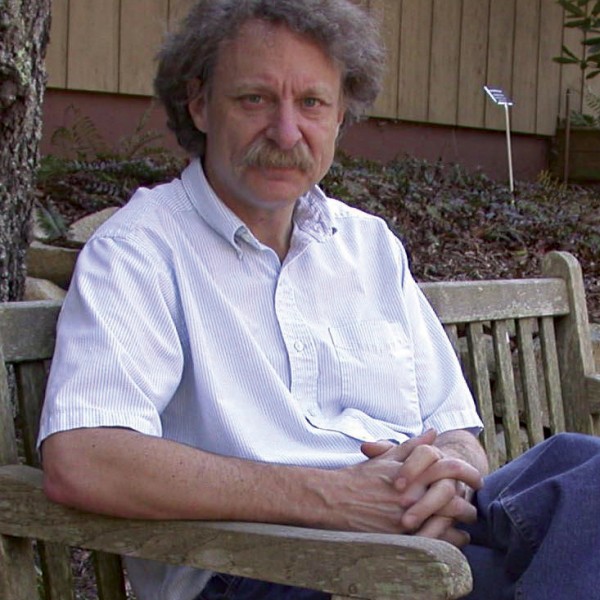 Also presented was the Edward Kidder Graham Faculty Service Award, which recognizes distinguished service to the state, the nation and the University by a faculty member. This year’s recipient, Peter White, served as director of the North Carolina Botanical Garden from 1986 to 2014. During that time, he vastly increased the garden’s size, programs, staffing, facilities and outreach. He led campaigns that raised more than $10 million toward completion of the Jim & Delight Allen Education Center, which made possible a major increase in programs and outreach. His vision and guidance resulted in appropriate acquisition of and responsibility for the Coker Arboretum, Battle Park, the UNC Herbarium, Carolina Campus Community Garden and the Mason Farm Biological Preserve.
Also presented was the Edward Kidder Graham Faculty Service Award, which recognizes distinguished service to the state, the nation and the University by a faculty member. This year’s recipient, Peter White, served as director of the North Carolina Botanical Garden from 1986 to 2014. During that time, he vastly increased the garden’s size, programs, staffing, facilities and outreach. He led campaigns that raised more than $10 million toward completion of the Jim & Delight Allen Education Center, which made possible a major increase in programs and outreach. His vision and guidance resulted in appropriate acquisition of and responsibility for the Coker Arboretum, Battle Park, the UNC Herbarium, Carolina Campus Community Garden and the Mason Farm Biological Preserve.
About two dozen people, apparently students, interrupted the beginning of the ceremony for about a minute and a half with shouted demands for the removal of Silent Sam, the University’s Civil War monument. The group chanted, “Tear it down or we shut you down” after Folt approached the podium. Folt acknowledged the protest, saying she was proud UNC was a place where people could speak out and could listen to dissent.
Carolina first celebrated University Day in 1877, after Gov. Zebulon B. Vance, a member of the class of 1852 and acting as chair of the Board of Trustees, ordered that the day “be observed with appropriate ceremonies under the direction of the faculty.”
Folt, an internationally recognized scientist and award-winning teacher, took office in 2013. Details about those who have served as chief executive officers of The University of North Carolina, the Consolidated University and the UNC System are available online.
